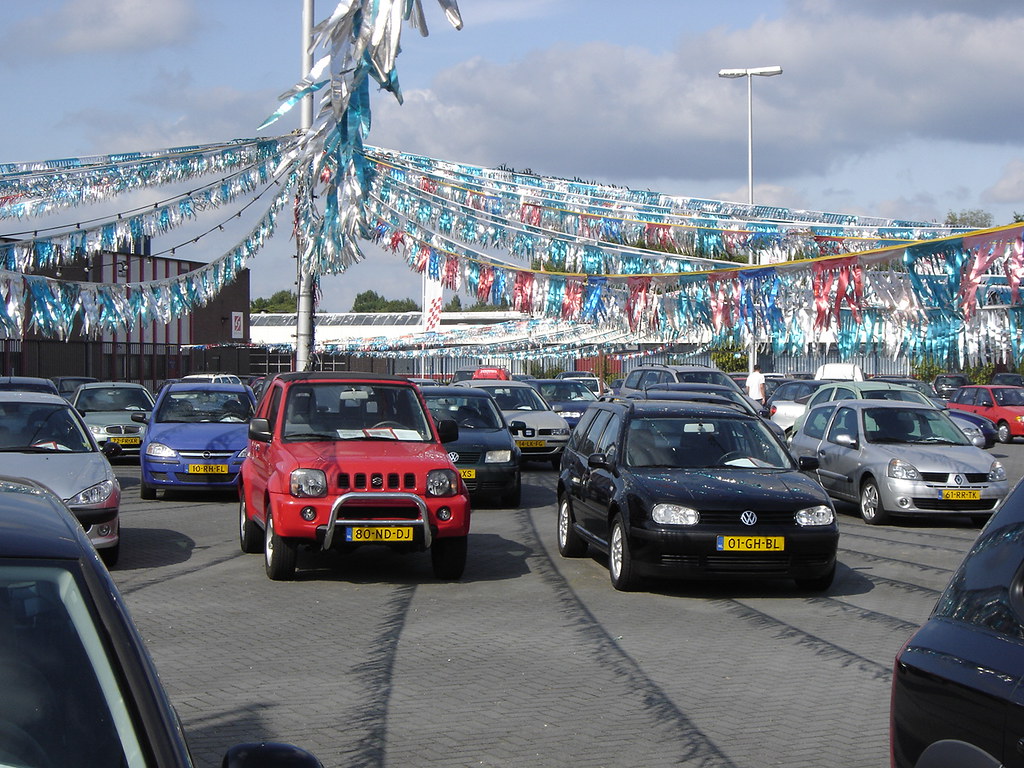In recent years, the demand for used cars has been rising at a significant rate. Various factors have contributed to this increase, making the second-hand vehicle market a critical player in the automotive industry. As more buyers turn toward pre-owned vehicles, understanding the key drivers behind this growing trend is essential. From affordability to environmental concerns, a variety of elements come into play, shaping the preferences of car buyers today. This blog post explores the factors contributing to the surge in demand for used cars.
Affordability and Cost Efficiency
One of the most apparent reasons for the rise in demand for used cars is their affordability. New vehicles often come with hefty price tags that many people cannot afford. Pre-owned cars, on the other hand, offer a more budget-friendly option, allowing buyers to access quality vehicles at a fraction of the cost. Additionally, the depreciation rate of new cars is relatively high, as they lose value quickly after purchase. A used car, by contrast, has already undergone the bulk of its depreciation, making it a more cost-efficient investment for those looking to minimize financial loss.
The availability of financing options for used cars has also improved in recent years. Banks and other financial institutions have recognized the growing interest in pre-owned vehicles and now offer favorable loan terms, making used car purchases more accessible. With lower monthly payments and reduced insurance premiums, buying a second-hand car is often the more practical choice for many households.
Global Supply Chain Disruptions
Another significant factor contributing to the increased demand for used cars is the disruption in global supply chains. The automotive industry, like many others, has faced challenges due to shortages of critical components such as semiconductors. These disruptions have led to delays in the production of new vehicles, creating a supply bottleneck. As a result, many consumers have turned to the used car market as an alternative.
These supply chain issues are not only affecting the availability of new cars but also driving up their prices. With longer waiting times for new vehicle deliveries, buyers are looking for quicker and more affordable solutions. The used car for cash Sydney market provides an immediate option, allowing consumers to bypass the uncertainty surrounding new vehicle production.
Technological Advancements in Used Cars
The perception of used cars has also evolved due to advancements in automotive technology. Modern cars, even those a few years old, are equipped with cutting-edge features that were once only available in high-end models. Safety features such as adaptive cruise control, lane-keeping assist, and backup cameras are now more common in second-hand vehicles, making them attractive to buyers.
Moreover, improvements in vehicle durability and longevity mean that a used car can still provide excellent performance and reliability for many years. With proper maintenance, many vehicles can comfortably reach well over 100,000 miles without major issues. As a result, purchasing a pre-owned car no longer carries the same risk of mechanical failure that it once did, increasing buyer confidence.
Also visit https://cashforcarsnsw.com.au/car-removal-sydney/
Environmental Concerns and Sustainability
Environmental awareness is another factor driving the demand for used cars. In recent years, there has been a growing emphasis on sustainability and reducing one’s carbon footprint. Buying a used car is seen by many as a more eco-friendly option compared to purchasing a new vehicle, as it reduces the demand for new manufacturing processes, which are resource-intensive and contribute to environmental degradation.
By extending the life of a vehicle through resale, buyers are participating in a circular economy, where resources are reused rather than discarded. This shift in consumer mindset has been particularly influential among environmentally-conscious individuals who seek to make more sustainable choices in all aspects of their lives, including transportation.
Changing Consumer Preferences
The way people approach car ownership has also shifted, particularly among younger generations. Many millennials and Gen Z buyers are less interested in purchasing new cars and more focused on practical solutions that fit their lifestyle needs. This demographic often values experiences over material possessions, and as a result, they are more likely to opt for affordable, used vehicles rather than brand-new models.
Additionally, the rise of ridesharing services and car-sharing platforms has influenced how consumers view car ownership. As people explore alternative transportation options, the need for owning a brand-new car becomes less pressing. Used cars provide a suitable middle ground for those who still want personal transportation but do not prioritize the latest model or features.
The Rise of Online Marketplaces
The availability of online platforms for buying and selling used cars has made the process easier and more convenient than ever before. Traditionally, purchasing a used car involved visiting dealerships or meeting private sellers in person, which could be a time-consuming and uncertain process. Today, many websites and apps allow buyers to browse a wide selection of pre-owned vehicles, compare prices, and even arrange for vehicle inspections and deliveries—all from the comfort of their home.
This shift toward digital car shopping has further fueled the demand for used cars. With greater transparency, consumer reviews, and verified listings, buyers can feel more confident about their purchase. These platforms have also made it easier for sellers to reach a broader audience, increasing the availability of used cars in the market.
Conclusion
The surge in demand for used cars can be attributed to a combination of factors, including affordability, supply chain disruptions, and evolving consumer preferences. Buyers are increasingly turning to the second-hand market for practical, cost-effective solutions, especially in the face of rising new car prices and production delays. As the automotive industry continues to adapt to global challenges, the used car market is expected to maintain its popularity. With advancements in technology, improved vehicle reliability, and a growing focus on sustainability, used cars have become a viable and attractive option for a wide range of consumers.
Expand your knowledge with our blog.

